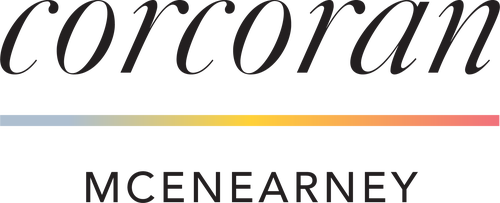Real estate agents use a lot of industry specific lingo. To the new home buyer, it may sound like we’re speaking a different language. It’s not unusual to have a client say, “what does that mean?”
I get it. If I was in your office, I probably wouldn’t have any idea what you were talking about either. A part of my job as a real estate agent is to make sure you understand all the vocabulary. If you are venturing into the home buying or selling process here are a few terms and acronyms that are helpful to know.
CMA: Comparative Market Analysis
We create a CMA by looking at recently sold properties and properties that are currently under contract which resemble the home you want to sell or buy. Similarity is key. We look at properties that are in the same or comparable neighborhood, have approximately the same square footage, number of beds and baths, and are in the same condition.
Contingency
A contingency imposes a condition or action of the transaction that must be met. Typical contingencies include financing, appraisal, home sale and home condition inspection. Each has a completion timeframe. In the current market, buyers are attempting to have as few contingencies as possible in order to have a more favorable offer.
EMD: Earnest Money Deposit
An earnest money deposit (EMD) is a deposit made by a buyer to an intermediary, typically the settlement company, to show his or her seriousness to follow through with the transaction. It represents the buyer’s good faith to purchase a home. The money sits in an escrow account until closing. At that time the money is applied to the buyer’s down payment and closing costs.
Escalation
An escalation addendum is added to a residential sales contract to automatically increase the offer price by a specific amount over a competing offer until it reaches the maximum price that the buyer is willing to pay for the property. This is only triggered if the seller receives other bona fide offers to purchase the property with terms acceptable to the seller. It can be a useful tool in this market.
MLS: Multiple Listing Service
An MLS is an organization that creates a private database to collect and distribute information about homes listed for sale by its members. Membership is not open to the public but is open to real estate brokers and agents who pay a fee for the service. Each MLS is local or regional. As of the publishing of this article, there is not an MLS that covers the entire country.
Pre-Offer Inspection or “Walk and Talk”
This refers to a modified inspection with the buyer as the note taker. It takes about an hour and can cost from $250 to $600 depending on the property. Doing a pre-offer “walk and talk” can help to avoid having a home inspection contingency. This makes the offer more favorable and will let you know of any issues with the home.
Pre-Qualified vs. Pre-Approved
Pre-qualification is based on information that the borrower submits to the lender. The borrower provides the bank information to show their overall financial picture including income, debts and assets. The lender reviews everything and gives an estimate of how much the borrower can expect to receive and there is usually no cost involved.
Pre-Approval requires the applicant to complete an official mortgage application and supply the lender with all the necessary documentation to perform an extensive financial background and credit check. The pre-approval will require an estimate of down payment. Some lenders charge an application fee. In turn, the lender will offer pre-approval up to a specific loan amount.
PMI: Private Mortgage Insurance
PMI is usually required when you have a conventional loan with a down payment of less than 20 percent of the home’s purchase price. It protects the lender, not you, against losses if you stop making payments or default on your mortgage. PMI typically costs 0.25% to 2% of your loan amount per year depending on the loan amount, down payment, loan term and credit score.
PITI: Principal, Interest, Taxes, and Insurance
PITI is the term used to express the total monthly mortgage payment. It includes the principal loan amount, loan interest, property tax, and the homeowner’s insurance and private mortgage insurance premiums. Lenders will estimate the PITI for you prior to qualifying you for a mortgage. It helps the buyer and lender verify affordability.
In the current real estate market, buyers need to act quickly with a prepared and compelling offer. There are lots of steps, on top of price, that can be taken to make your offer more favorable. Interested in buying or selling this year? Call me. I have the strategies and tools to help.

Darlene Duffett is a licensed real estate agent in Virginia with McEnearney Associates Realtors® in Old Town, Alexandria. If you would like more information on selling or buying in today’s complex market, contact Darlene at 703-969-9015, dduffett@mcenearney.com or visit her website DarleneDuffettRealEstate.com.
Don’t miss a post! Get the latest local guides and neighborhood news straight to your inbox!

 Facebook
Facebook
 X
X
 Pinterest
Pinterest
 Copy Link
Copy Link






